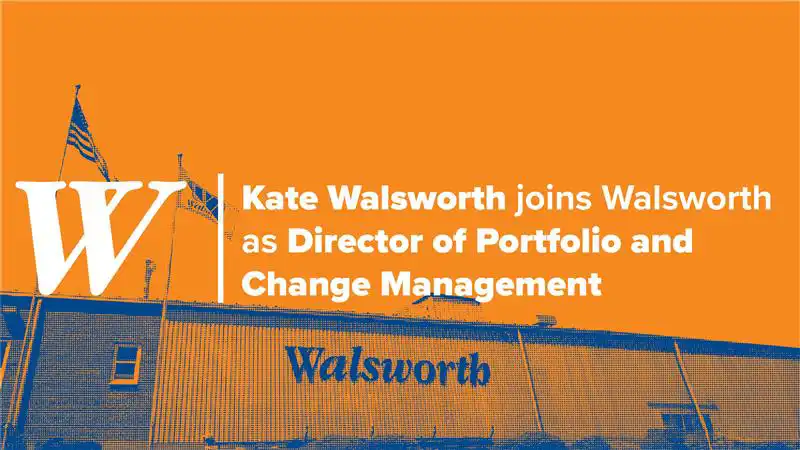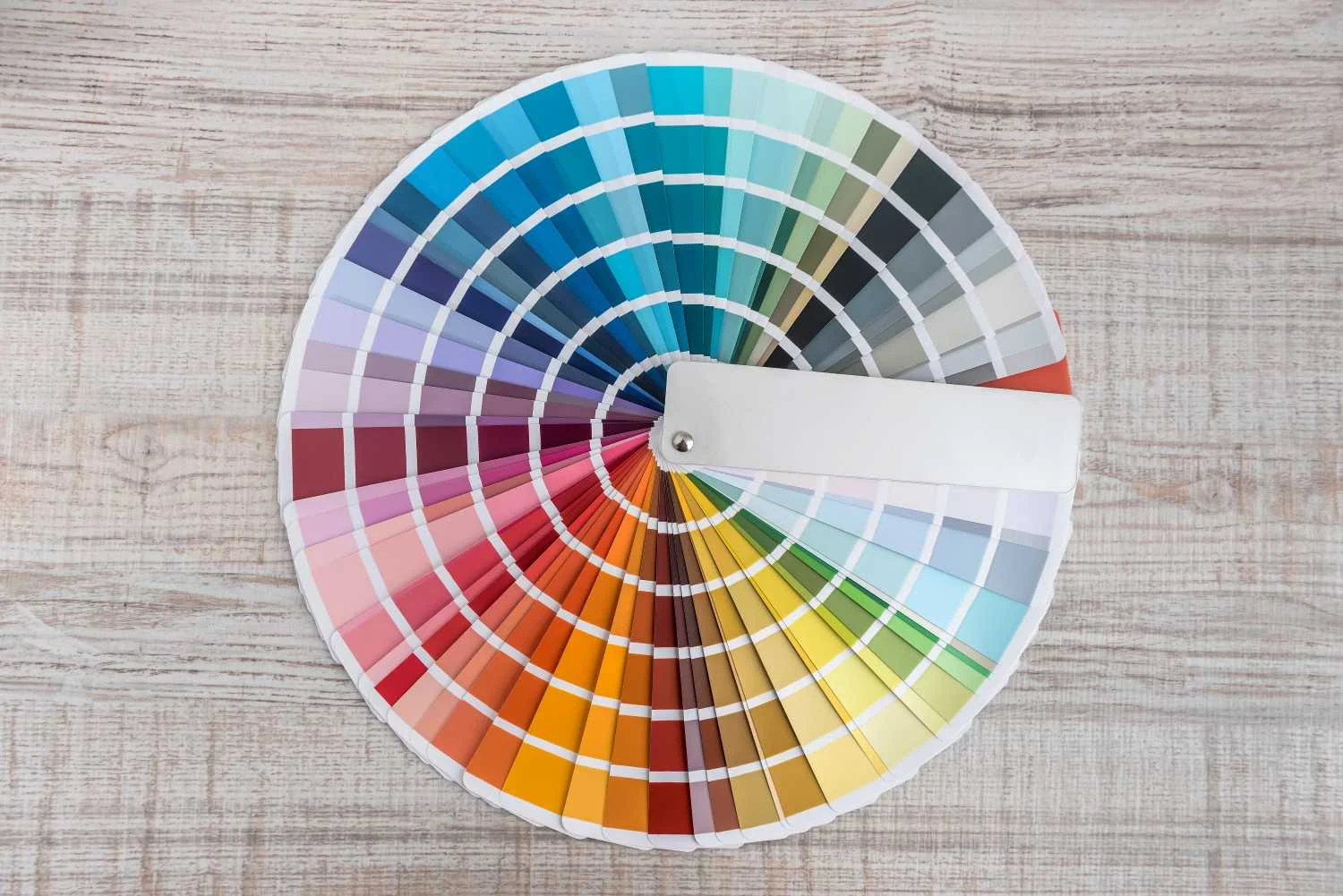In 2016, John Olsa left his longtime job to pursue a dream. He’d spent 15 years selling advertising for several publications, but was ready to start his own publishing company. Olsa serves as the owner, CEO and publisher for SVK Multimedia & Publishing, and leads his small team in creating Great Lakes by Design and The Golf Explorer. Olsa brought along editor Rachel Weick and designer Christopher Pastotnik when he started SVK, and they remain integral members of the team.
Olsa took time out of his busy schedule to discuss best practices for launching a publication startup and company operations with Walsworth. This is part two of our Day in the Life interview with John Olsa. You can read the first part here.
Do you have any best practices that you’ve learned or developed?
Yes, I really have one that I live by: it’s always easy to remember the truth. I’m not a good liar to begin with, so I don’t do it. Plus, I never have to remember a lie.
The one thing that I’ve instilled in my sales people and in myself is: we do what we say we’re going to do. Because your integrity is really what you have.
I don’t fuss around with manipulating things to get it to go my way. If someone says no to me on a sale, then they’ve got a reason. I’m not a pushy person when it comes to selling things. I’m a straight shooter.
I’m a big believer that the people who are with you the longest get the best rate when those things come around. A new person never gets a better rate than one of my current clients. I am the exact opposite of the real world, I think. Cell phones, cars, name it – somebody new is getting a better deal than a longtime subscriber or client. I do the exact opposite.
For instance, my current clients that were with us that first year, their rate never goes up no matter how big I make it because they had the faith to come along with me the first year. And it gives me that base of advertising.
When you’re consistent – that’s another thing I like to be – when you’re consistent, people notice it. You can be honest. You can say, “Hey, I had to raise the rates this year.” It opens it up to where you can run your business, and not worry about, “Oh, gosh. What did I tell them two years ago?”
So that’s kind of the one thing – you never have to remember a lie if you don’t tell any. I’m a big believer in that.
What else should people know about you or your company?
I’ve enjoyed it.
I operate a little differently. I base a lot of my business on personal relationships with people. Whether they advertise with me or not, if we’re friends, we’re friends. I try to send out and do a very good job with our products. People aren’t foolish. They’ll understand what I’m trying to do; if we can help them, they’ll come to us.
We’ll contact them, but I’m not overbearing and I’m not a “sales person” or a hard seller. If we can help you, let’s have a conversation.
I’d like to be thought of as someone who takes very good care of my people. My employees, they get paid first. There’s been some times in the last two years that John didn’t get a paycheck. That’s another thing I would tell people who are trying to go out on their own: there are going to be some times that you write that paycheck to yourself and you just look at it for a little while instead of cashing it. But that’s just the way it goes. Your people always get paid first.
I try to treat Chris and Rachel right. They don’t have to come to me and ask for a raise. I do that before they ask. I know what they do and I know how hard they work and the effort they put into creating what they do, so they’re rewarded for it.
If I started being a not very good leader, they’re going to leave. Then I’m stuck with nothing.
I’m in my late 40s. I plan on doing this for 12 or 15 years, and then I already have an exit strategy set up for when I hit my early 60s. And that’s when I’ll have my, quote, unquote, payout, when I turn it over to the next person to run the company. I’ve already started thinking of that, and I put that process in place.
It’s something else that I’d tell to people starting their businesses – you’re going to be very gung-ho at first and be excited, and that’s wonderful. But someone of my age, starting his own business at — gosh, what am I? I started at 46. You’ve got to plan, because I’m on the back nine of life so I have to plan for those things.
So it goes back to having a model and having a plan and having a process. And thinking down the line. When you start your own business, there’s no short-term disability, there’s no safety net, there’s no unemployment. It’s me. I’m the person responsible. But I was ready for that because I’m a little older.
I’m not going to try to outthink people who have owned their own businesses longer than I have, but if you don’t have good people, you really don’t have anything at all. You really don’t. There are things I don’t know how to write and I don’t know how to create. I know how to come up with ideas and I know how to lead, but I know what I can’t do. So I find people and I compensate them well for doing their specialties.
It’s also having good partners. Walsworth is a tremendous partner of mine. Printing is my biggest expense, by far. And then comes postage – two things I can’t get away from as a publisher. So I want to have a great partner in the printing area that makes my products look great; and when they come out, they’re consistent.
If I didn’t have someone like that as a partner, then I don’t really have anything either. I could shop it around, but I want a printer that understands what I like. And that’s what I get with Jason [Jason Marsh, Walsworth rep] and the gang in Saint Joseph.
It’s been a unique experience. The first year, I was the bank; the second year, it operated on sales; and now, this third year, which will be the second year of printing, now people are starting to see. “Okay, I didn’t want to jump in because I wanted to see how you were going to do.” I had that a lot, which is frustrating, but it’s the truth. People want to see if you’re going to be around. So now I’m coming into my second year, and the best thing in my business is when people call you and say, “John, I want to buy advertising.” It’s a unique phone call to get, because it doesn’t happen very often.
I like to think of myself as a matchmaker. I’m the invitation for you to meet my readers. I want to introduce you, the advertiser, to my readers.






